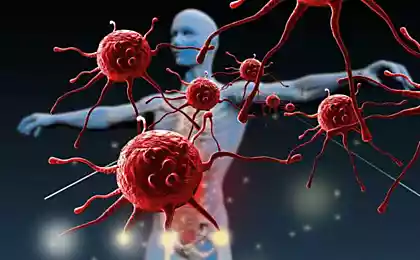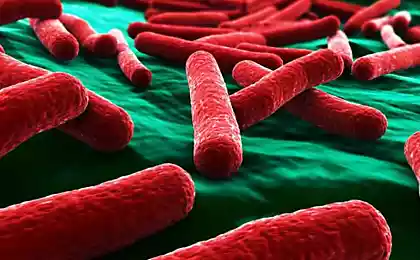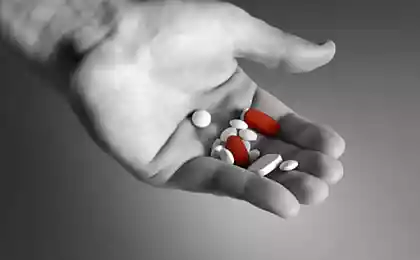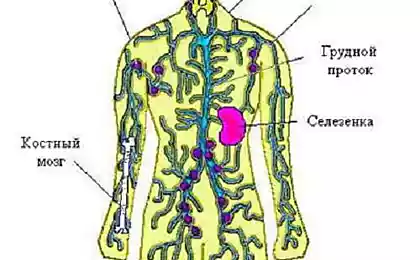363
How the immune system responds to infection
Researchers at the University of Leicester and published in the journal "MedicalMicrobiologyandImmunology" evidence of unexpected dual role as an important component of the immune system. In scientific work presents significant new insights about the protein properdin is an important part of the immune system. It is a positive regulator of the alternative pathway complement activation plays a key role in one of the main methods of the body's fight against infections and foreign bodies known as antigens.
New data show that in some situations the lack of properdin can have important benefits — while in others it may be a big minus.
Scientists studied differences in immune responses between individuals with a deficit properdin and persons with a normal amount of protein.
People with streptococcal pneumonia (the bacteria that can cause sepsis and pneumonia) and lack properdin had higher survival rates than people with normal levels of this protein.
But when people were infected with Listeria (which cause an infection called listeriosis), and has been a deficit properdin, we observed lower levels of survival.
Cellular analyses showed that the deficit properdin forces the body to use more types of white blood cell known as M2 macrophages (involved in tissue repair), but not M1 macrophages, whose main role is the destruction of pathogenic microorganisms.
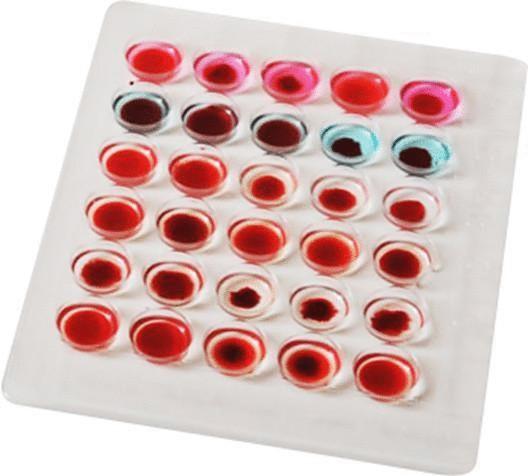
This allowed the researchers to conclude that properdin controls the strength of the immune response by affecting the role of macrophages during infection and inflammation.
Main researcher and author, Dr. Cordula Stover, senior lecturer at the Department of immunology of University infection, immunity and inflammation, said: "This is the first work that showed that properdin controls the strength of the immune response by affecting humoral immunity as well as cellular phenotypes during acute bacterial infection and subsequent inflammation.
Source: globalscience.ru
New data show that in some situations the lack of properdin can have important benefits — while in others it may be a big minus.
Scientists studied differences in immune responses between individuals with a deficit properdin and persons with a normal amount of protein.
People with streptococcal pneumonia (the bacteria that can cause sepsis and pneumonia) and lack properdin had higher survival rates than people with normal levels of this protein.
But when people were infected with Listeria (which cause an infection called listeriosis), and has been a deficit properdin, we observed lower levels of survival.
Cellular analyses showed that the deficit properdin forces the body to use more types of white blood cell known as M2 macrophages (involved in tissue repair), but not M1 macrophages, whose main role is the destruction of pathogenic microorganisms.

This allowed the researchers to conclude that properdin controls the strength of the immune response by affecting the role of macrophages during infection and inflammation.
Main researcher and author, Dr. Cordula Stover, senior lecturer at the Department of immunology of University infection, immunity and inflammation, said: "This is the first work that showed that properdin controls the strength of the immune response by affecting humoral immunity as well as cellular phenotypes during acute bacterial infection and subsequent inflammation.
Source: globalscience.ru












